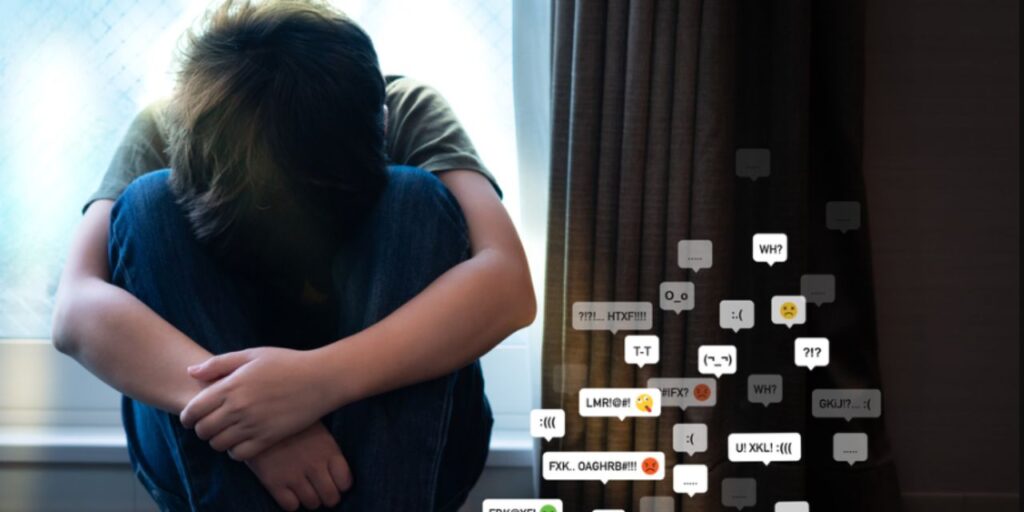The rapid rise of social media platforms like Facebook, Instagram, Twitter, and TikTok has revolutionized the way we communicate, share information, and perceive the world. However, this digital revolution comes with a significant question: is social media bad for mental health? While these platforms offer numerous benefits, such as connecting people and fostering communities, they also present a range of challenges that can negatively impact mental health. This article explores the multifaceted effects of social media on mental health, highlighting both the positive and negative consequences.
Research Study Publish on Cyberpsychology, Behavior, and Social Networking is :
Online Social Networking and Mental Health
Positive Effects of Social Media on Mental Health
Social Connectivity
Social media provides a powerful means of maintaining relationships and reconnecting with old friends. For individuals who are geographically isolated or have limited social interactions in their daily lives, social media can serve as a lifeline, offering a sense of belonging and emotional support.
Community Building
Online communities allow people to find others with similar interests, experiences, or challenges. These virtual support networks can provide encouragement, advice, and a sense of solidarity, which are crucial for mental well-being.
Access to Information and Resources
Social media platforms can be valuable tools for accessing mental health information and resources. Users can follow mental health advocates, join support groups, and stay informed about the latest research and treatments, which can empower them to take control of their mental health.
Negative Effects of Social Media on Mental Health
Anxiety and Depression
Excessive social media use has been linked to increased levels of anxiety and depression. The constant exposure to curated, idealized versions of other people’s lives can lead to negative self-comparisons, fostering feelings of inadequacy and low self-esteem.
Sleep Disturbances
Engaging with social media, especially before bedtime, can disrupt sleep patterns. The blue light emitted by screens affects the body’s natural sleep-wake cycle, leading to difficulties in falling asleep and reduced sleep quality, which can exacerbate mental health issues.
Addiction
Social media platforms are designed to be engaging, often leading to addictive behaviors. The continuous need for validation through likes, comments, and shares can create a dependency, negatively affecting daily routines and overall mental health.
Distorted Reality
Social media often presents a filtered and exaggerated version of reality. Users typically share only the highlights of their lives, creating unrealistic expectations and a distorted perception of normalcy. This can contribute to dissatisfaction with one’s own life and exacerbate mental health problems.
Conclusion
The effects of social media on mental health are complex and multifaceted. While social media can enhance connectivity, provide support, and offer valuable information, it also poses significant risks such as anxiety, depression, sleep disturbances, and addiction. To mitigate these negative impacts, it’s essential to develop healthier social media habits and balance online interactions with real-world connections and self-care practices. Understanding and addressing the influence of social media on mental health is crucial for fostering a healthier, more supportive digital environment.


